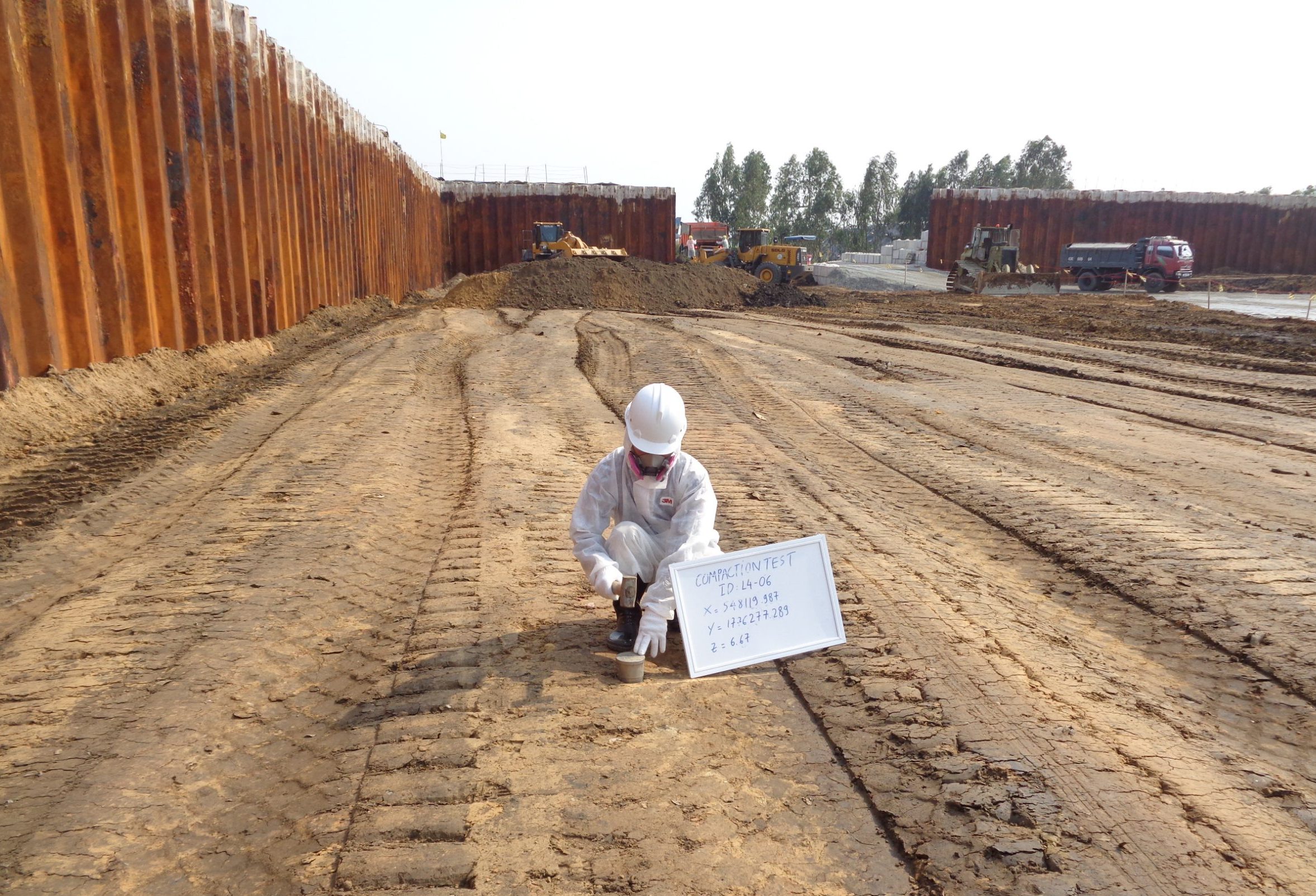Contaminated Soil Testing and Disposal for Petrol Stations
14 February 2024
Keep your petrol station and its surroundings safe through contaminated soil testing. Offered by Future Fuel Services, explore the process. Call (03) 9315 3320.
Petrol stations are vital places for car owners as they provide the required fuel to power their vehicles. However, beneath the surface, these facilities can leave a lasting impact on the environment, especially when it comes to soil contamination.
Contaminated soil testing, therefore, must be conducted to safeguard environmental health and ensure that petrol stations operate sustainably.
The Development of Soil Contamination
Petrol stations take advantage of underground storage tanks to store a huge volume of fuel. Since frequent fuel handling processes are conducted in these facilities, they easily pose a risk of soil contamination. Leaks or spills of petroleum products can lead to the infiltration of harmful substances into the soil, creating a potential hazard for groundwater, nearby ecosystems, and even human health.
Contaminated Soil Testing is Important
To prevent petrol stations from harming the environment and their operations, they must be subjected to contaminated soil testing.
Contaminated soil testing is a service offered by Future Fuel Services. It serves as an early detection method, allowing petrol station owners like you to identify potential issues before they escalate. Early intervention can prevent widespread environmental damage. This service also helps petrol stations ensure compliance with environmental regulations since testing the soil can verify if its contamination levels are within acceptable limits.
The risks associated with contaminated soil can be harmful to humans and wildlife. Contaminated soil testing, fortunately, allows for the identification of hazardous substances, enabling effective mitigation measures to protect the well-being of nearby communities and ecosystems.
Lastly, this service by Future Fuel Services helps protect the quality of groundwater. Soil generally acts as a natural filter for water. If the soil is contaminated, it can easily lead to the pollution of groundwater.
The Contaminated Soil Testing Process
Various activities are done during the contaminated soil testing process. They include the following.
• Site Assessment: The first step in contaminated soil testing is a thorough site assessment. It involves examining the petrol station’s history, activities, and potential sources of contamination.
• Soil Sampling: Soil sampling is then conducted by collecting soil samples from various locations within and around the petrol station. These samples undergo laboratory analysis to determine the presence and concentration of contaminants.
• Laboratory Analysis: Subsequently, the soil samples undergo detailed analysis using specialised techniques. This analysis identifies the types and quantities of contaminants present, providing valuable information for risk assessment and remediation planning.
• Risk Assessment: The results of the laboratory analysis are used to conduct a risk assessment. This assessment evaluates the potential impact of soil contamination on human health, wildlife, and the environment, guiding decisions on the necessity and extent of remediation.
• Remediation Planning: If contamination levels exceed regulatory limits or pose a significant risk, a remediation plan is developed. This plan may involve various techniques such as soil excavation or bioremediation to restore the site to an environmentally safe condition.
Contaminated soil testing by Future Fuel Services contributes to the long-term resilience of ecosystems, groundwater resources, and community health. Petrol stations adopting proactive measures to address soil contamination exemplify the importance of sustainability in an industry that is highly integral to modern life.
Optimized by: Netwizard SEO

